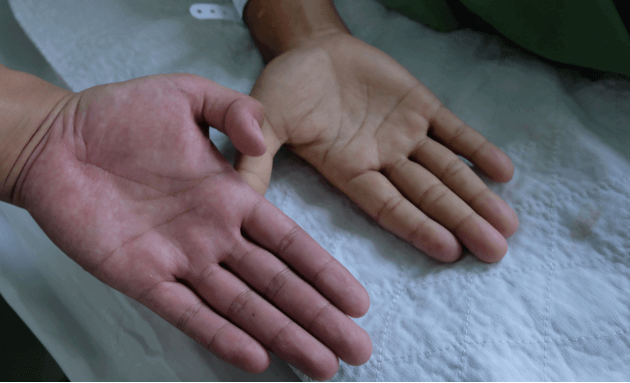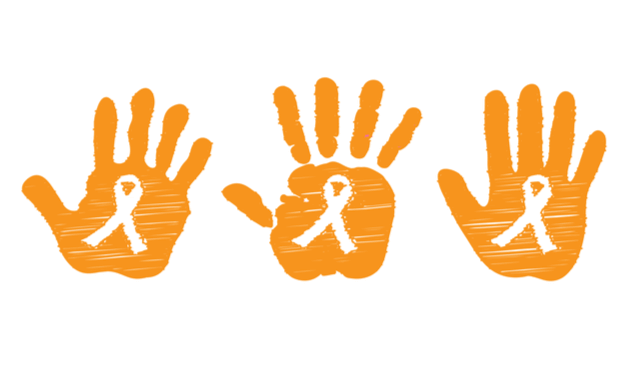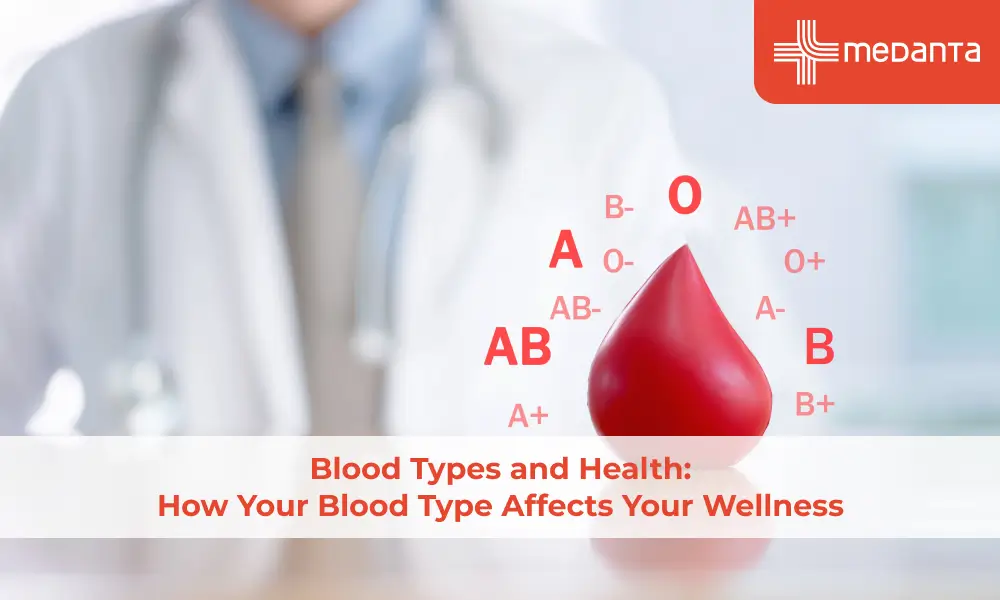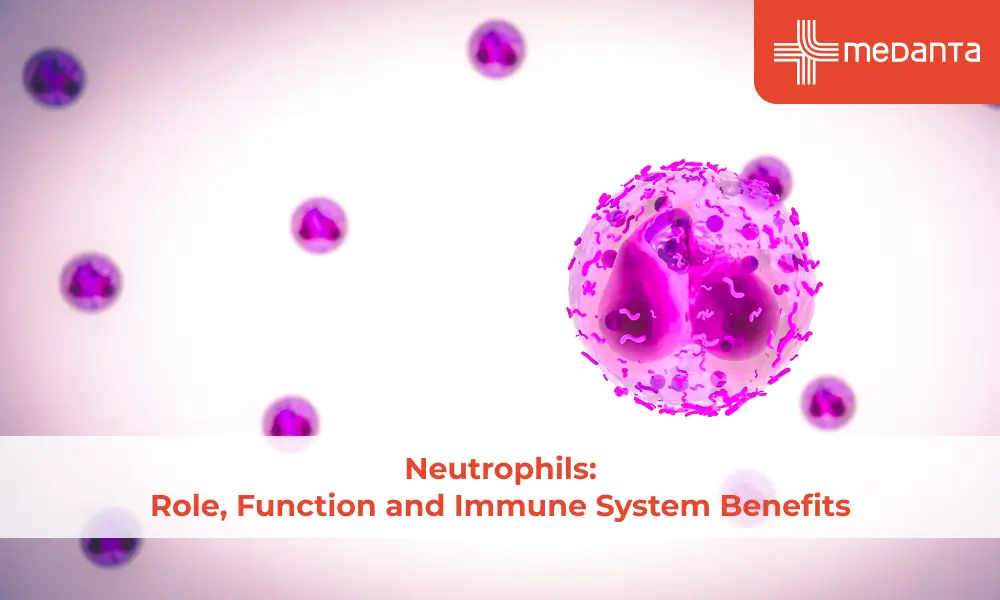7 Symptoms of Leukemia in Children

In India, cancer is the ninth common cause of death among children between 5 and 14 years, and approximately 45,000 children are diagnosed with cancer annually. Of these childhood cancers, Leukemia or Blood Cancer, is the most common for children. The bright side is that if detected in time, it is usually treatable. Parents and even school teachers need to be aware to look out for certain symptoms. If persistent, the child should immediately be tested.
What is Leukemia?
Our blood is made of three types of cells - Red Blood Cells (RBCs) carry Oxygen, White Blood Cells (WBCs) fight infection and Platelets help in clotting. In a healthy body, new blood cells are born daily and they die in a few weeks, to be replaced by new cells. In Leukemia, the body goes into overdrive to make new WBCs, that affect the functioning of the other two cells and vital organs. If these abnormal cells get bad fast, it is called Acute Leukemia. In case the cells worsen gradually, it is Chronic Leukemia.
Are Some Kids More Prone To It?
There are certain risk factors associated with leukemia. If these factors apply to a child - especially boys - blood testing should be done regularly. Moreover, if they display any of the symptoms as explained later, you should immediately consult an oncologist.
Environmental factors that add to leukemia risk include exposure to high levels of radiation, chemotherapy, or chemicals such as benzene. Having a brother or sister with leukemia, especially an identical twin also increases one's chances of getting the cancer.
In certain cases, immune system issues enable leukemia, be it in the form of an inherited problem like Ataxia-telangiectasia or a history of immune suppression, often from an organ transplant. Inherited disorders like Down Syndrome also make children prone to leukemia.
What Symptoms Should One Look Out For?
Immediately consult your doctor if you notice any of the following symptoms in your child.
[caption id="attachment_10243" align="alignnone" width="630"]
 symptoms to lookout in children for leukaemia | Medanta[/caption]
symptoms to lookout in children for leukaemia | Medanta[/caption]
1. Anaemia: Leukemia can lead to anaemia or a deficiency in the number of quality red blood cells. When WBCs overcrowd the bloodstream, the production of red blood cells can take a hit. Anaemia manifests itself in overall weakening of daily activities, in the form of fatigue, lightheadedness, paling of skin, headaches and in some cases, rapid breathing.
In extreme cases where enough oxygen isn’t being transported to the brain, the child might start getting slurred speech.
2. Frequent Infections: Children tend to fall sick more often than adults because their bodies are still building immunities. Yet in certain cases, falling sick frequently can be a sign of leukemia. This happens because the WBCs are not functioning properly. However, consult your doctor before you make an assessment.
[caption id="attachment_10244" align="alignnone" width="630"]
 bleeding in Leukemia | Medanta[/caption]
bleeding in Leukemia | Medanta[/caption]
3. Increased Bruising or Bleeding: Children with Leukemia start to show more bruises and bleed more, even for small wounds. If you see easy bruising, frequent nosebleeds, bleeding from gums or excessive bleeding, rush to the doctor for tests. This happens because the Platelets, that clot the blood, are not working optimally because the leukemia reduces their numbers.
4. Pain in the bones and joints: The WBCs accumulate around the bon or inside the joint, causing pain. Children typically report pain in the lower back area or might start limping due to extreme joint and leg pain.
5. Swelling in the lymph nodes: Lymph nodes filter the blood for foreign particles, pathogens and cancerous cells in the bloodstream. When the body gets affected by leukemia, the lymph nodes can go into overdrive, leading to swelling in armpits, groin, neck, pelvis, and abdomen. This swelling might not be painful.
[caption id="attachment_10245" align="alignnone" width="630"]
 Swelling in the lymph nodes during leukemia in children | Medanta[/caption]
Swelling in the lymph nodes during leukemia in children | Medanta[/caption]
6. Breathing Issues: Leukemia can cause cells to accumulate around the thymus, a small gland located between the lungs. This can cause breathing problems in children. Further, breathing problems can also arise when swollen lymph nodes in the chest push against the windpipe. This could lead to coughing or wheezing. Get immediate medical attention if your child cannot breathe.
7. Poor appetite and swelling of the stomach: Leukemia cell can accumulate in the liver, kidneys, and spleen, making them bigger. This could looks like swelling or fullness of the stomach, and can cause a loss of appetite and subsequent weight loss.
Symptoms of leukemia can get more serious as the illness advances, with children developing seizures, vomiting, blurred vision and headaches.

Make it a point to consult your doctor as soon as possible but keep in mind that the above symptoms can also be caused by ailments other than leukemia.
Do not jump to conclusions if you notice these symptoms in your child and wait for the medical results.






